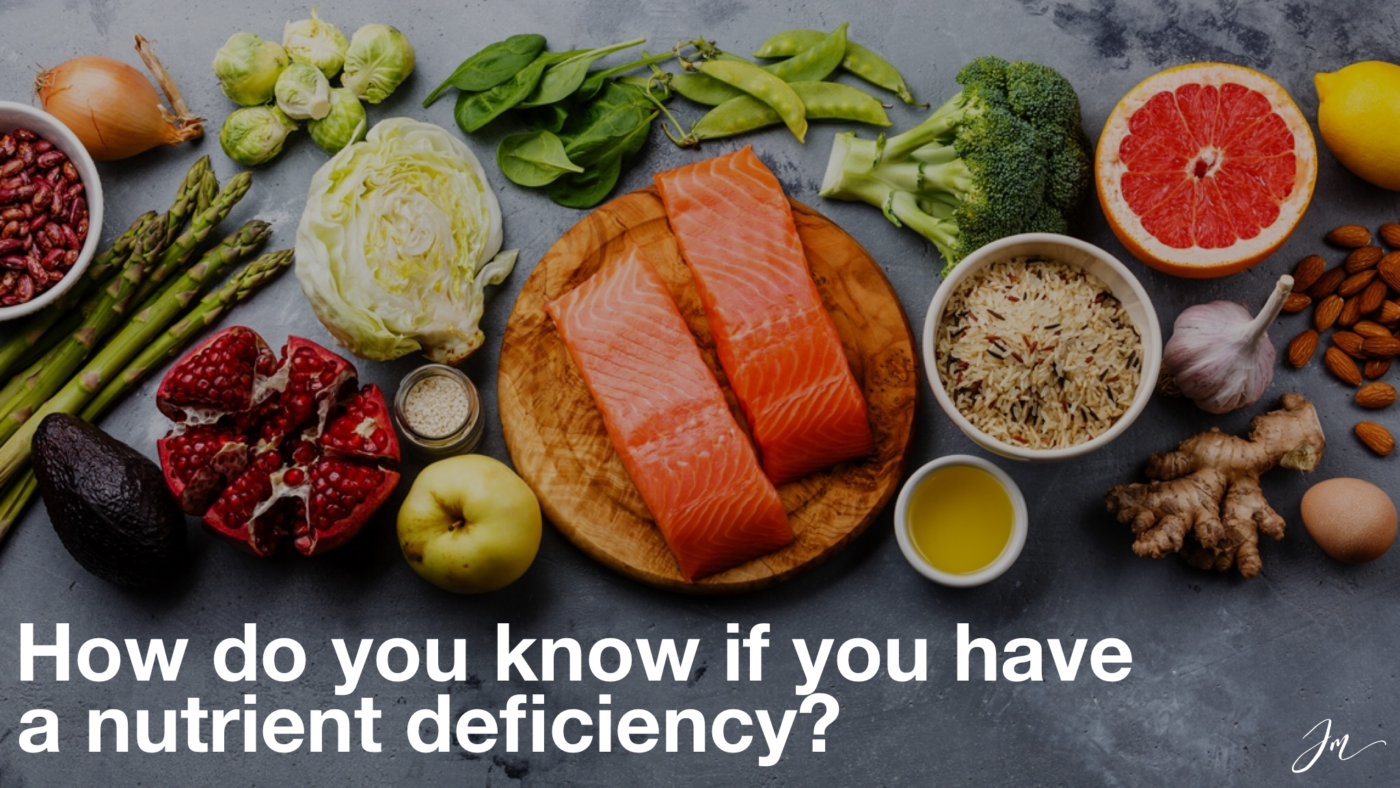It’s no wonder that nutrient deficiencies are popping up all over the nation. Nutrient deficient soil, lack of food quality and variety in the typical American diet, exercise, stress, medication, etc. are all factors that influence the amount of nutrients in our body. The point of this article is not to get you to order a whole bunch of supplements, but instead to educate you on any implications of a possible nutrient deficiency. Food should always be the first source of nutrients. Supplements should be used to supplement the body if you are consistently testing low for a particular nutrient. Nutrient deficiency symptoms can be categorized into body part symptoms, health conditions that are at risk, and medications that can put you at risk. Our ankles, brain, eyes, face, feet, gums, hands, lips, lungs, mouth, muscles, nails, saliva, skin, tongue, urine, etc. can all show signs of nutrient deficiencies. As always, if you are concerned that you might have symptoms of a nutrient deficiency then please consult with your doctor. Don’t just self diagnose yourself on WebMD, there are specific tests that can be done to determine nutrient values in our bodies. Also, there is such a thing as nutrient toxicity. Too much of anything in the body can cause issues as well.
So what are some body part symptoms?
- Swollen ankles could be caused by over hydrating.
- Memory problems, disorientation or dementia could be sign of Niacin, vitamin B12 or Thiamine deficiency.
- Sunken, dull, or dry eyes can mean under hydration or even a vitamin A or zinc deficiency
- Acne can be a sign of vitamin C deficiency
- Tingling hand or feet can mean a vitamin B6 or B12 deficiency
- Sore, red, swollen gum can mean a vitamin C deficiency
- Cracked lips can mean a riboflavin, niacin, or vitamin B6 deficiency
- Muscle spasms can mean a calcium, magnesium, or vitamin D deficiency
- Brittle thin nails can be an iron deficiency
- Dry scaly skin or bruising easily can be caused from an iron, vitamin A, C, K, zinc, or protein deficiency
Health condition risks for deficiencies?
- Alcoholism: Thiamine, riboflavin, niacin, pantothenic acid, pyridoxine, biotin, folic acid
- Crohn’s Disease: Vitamin A
- Diabetes: Riboflavin
- Gastric Bypass: Vitamin B12
- Gluten Intolerance: Vitamin A
- Hyperthyroidism: Vitamin C
- Hypothyroidism: Riboflavin
- Lactation: Vitamin C
- Pregnancy: Vitamin C, Iron
- Rheumatoid Arthritis: Zinc
- Smoking: Vitamin C
- Vegan Diet: Vitamin B12
Medication risks for deficiencies?
- Barbiturates: Vitamin C
- Corticosteroids: Vitamin D
- Diuretics: Zinc
- Estrogen / Oral Contraceptives: Vitamin C or Folic Acid
- Metformin: Vitamin B12
- NSAIDS: Iron
- Tricyclic Antidepressants: Riboflavin

